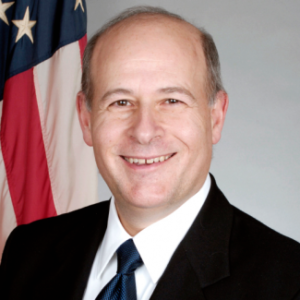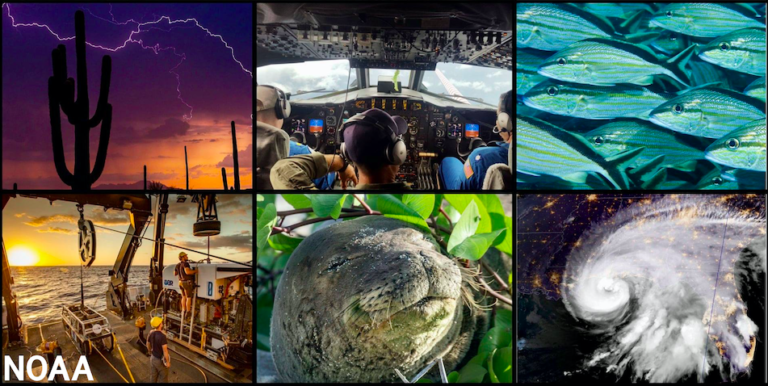Richard W Spinrad, an internationally renowned scientist with four decades of ocean, atmosphere and climate science and policy expertise, has been confirmed by the US Senate as the under secretary of commerce for oceans and atmosphere and the 11th NOAA administrator.
As NOAA administrator, Spinrad, who has worked at NOAA previously, is responsible for the agency’s strategic direction and oversight of US$7bn in proposed FY22 annual spending, including advancing US weather modeling and prediction, tackling the climate crisis, accelerating the application of new technologies for improved environmental observations, leveraging non-governmental and private partnerships, and promoting a sustainable blue economy.
 “I am thrilled to be back and am ready to hit the ground running,” said Spinrad. “I am humbled to lead NOAA’s exceptional workforce on a mission so relevant to the daily lives of people across America and to the future health of our planet. And I will ensure that trust and scientific integrity will continue to be the foundation for all of our work.”
“I am thrilled to be back and am ready to hit the ground running,” said Spinrad. “I am humbled to lead NOAA’s exceptional workforce on a mission so relevant to the daily lives of people across America and to the future health of our planet. And I will ensure that trust and scientific integrity will continue to be the foundation for all of our work.”
Previous NOAA positions held by Spinrad include chief scientist, assistant administrator for research, and assistant administrator for ocean services and coastal zone management. Prior to joining NOAA initially, he held positions with the US Navy, including the Office of the Oceanographer of the Navy and the Office of Naval Research, and was the executive director for research and education at the non-profit Consortium for Oceanographic Research and Education.
Building upon NOAA’s extensive mission, Spinrad intends to advance three overarching NOAA priorities. First he plans to develop a full portfolio of environmental products and services in the context of the changing climate, and in coordination and cooperation with NOAA’s sister agencies, industry, academia, NGOs and the philanthropic community, and ensure these products and services are more accessible to underserved communities.
Second, he intends to build a balanced portfolio of programs and policies that both enhance environmental sustainability and foster economic development in areas such as climate products and services, the new blue economy, and sustainable fisheries.
And third, he aims to create a more just, equitable, diverse, and inclusive workforce.



